How can I check for db null values in the attached code? Please understand I am a new C# convert...
What this code does is takes a IDataReader object and converts and maps it to a strongly-typed list of objects. But what I am finding is it completely errors out when there are null columns returned in the reader.
Converter
internal class Converter<T> where T : new()
{
// Declare our _converter delegate
readonly Func<IDataReader, T> _converter;
// Declare our internal dataReader
readonly IDataReader dataReader;
// Build our mapping based on the properties in the class/type we've passed in to the class
private Func<IDataReader, T> GetMapFunc()
{
// declare our field count
int _fc = dataReader.FieldCount;
// declare our expression list
List<Expression> exps = new List<Expression>();
// build our parameters for the expression tree
ParameterExpression paramExp = Expression.Parameter(typeof(IDataRecord), "o7thDR");
ParameterExpression targetExp = Expression.Variable(typeof(T));
// Add our expression tree assignment to the exp list
exps.Add(Expression.Assign(targetExp, Expression.New(targetExp.Type)));
//does int based lookup
PropertyInfo indexerInfo = typeof(IDataRecord).GetProperty("Item", new[] { typeof(int) });
// grab a collection of column names from our data reader
var columnNames = Enumerable.Range(0, _fc).Select(i => new { i, name = dataReader.GetName(i) }).AsParallel();
// loop through all our columns and map them properly
foreach (var column in columnNames)
{
// grab our column property
PropertyInfo property = targetExp.Type.GetProperty(column.name, BindingFlags.Public | BindingFlags.Instance | BindingFlags.IgnoreCase);
// check if it's null or not
if (property != null)
{
// build our expression tree to map the column to the T
ConstantExpression columnNameExp = Expression.Constant(column.i);
IndexExpression propertyExp = Expression.MakeIndex(paramExp, indexerInfo, new[] { columnNameExp });
UnaryExpression convertExp = Expression.Convert(propertyExp, property.PropertyType);
BinaryExpression bindExp = Expression.Assign(Expression.Property(targetExp, property), convertExp);
// add it to our expression list
exps.Add(bindExp);
}
}
// add the originating map to our expression list
exps.Add(targetExp);
// return a compiled cached map
return Expression.Lambda<Func<IDataReader, T>>(Expression.Block(new[] { targetExp }, exps), paramExp).Compile();
}
// initialize
internal Converter(IDataReader dataReader)
{
// initialize the internal datareader
this.dataReader = dataReader;
// build our map
_converter = GetMapFunc();
}
// create and map each column to it's respective object
internal T CreateItemFromRow()
{
return _converter(dataReader);
}
}
Mapper
private static IList<T> Map<T>(DbDataReader dr) where T : new()
{
try
{
// initialize our returnable list
List<T> list = new List<T>();
// fire up the lamda mapping
var converter = new Converter<T>(dr);
while (dr.Read())
{
// read in each row, and properly map it to our T object
var obj = converter.CreateItemFromRow();
// add it to our list
list.Add(obj);
}
// reutrn it
return list;
}
catch (Exception ex)
{
// make sure this method returns a default List
return default(List<T>);
}
}
I just don't quite understand where the column to typed object happens in here, so I'd try to do it myself... but I just don;t know where it is.
I know this probably won't help much, but the error I am getting is:
Unable to cast object of type 'System.DBNull' to type 'System.String'.
and it happens on the
internal T CreateItemFromRow()
{
return _converter(dataReader); //<-- Here
}
Note
This does not happen if I wrap the columns in the query itself with an ISNULL(column, ''), but I am sure you can understand that this is surely not a solution



